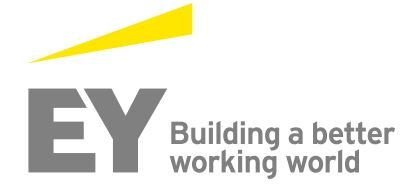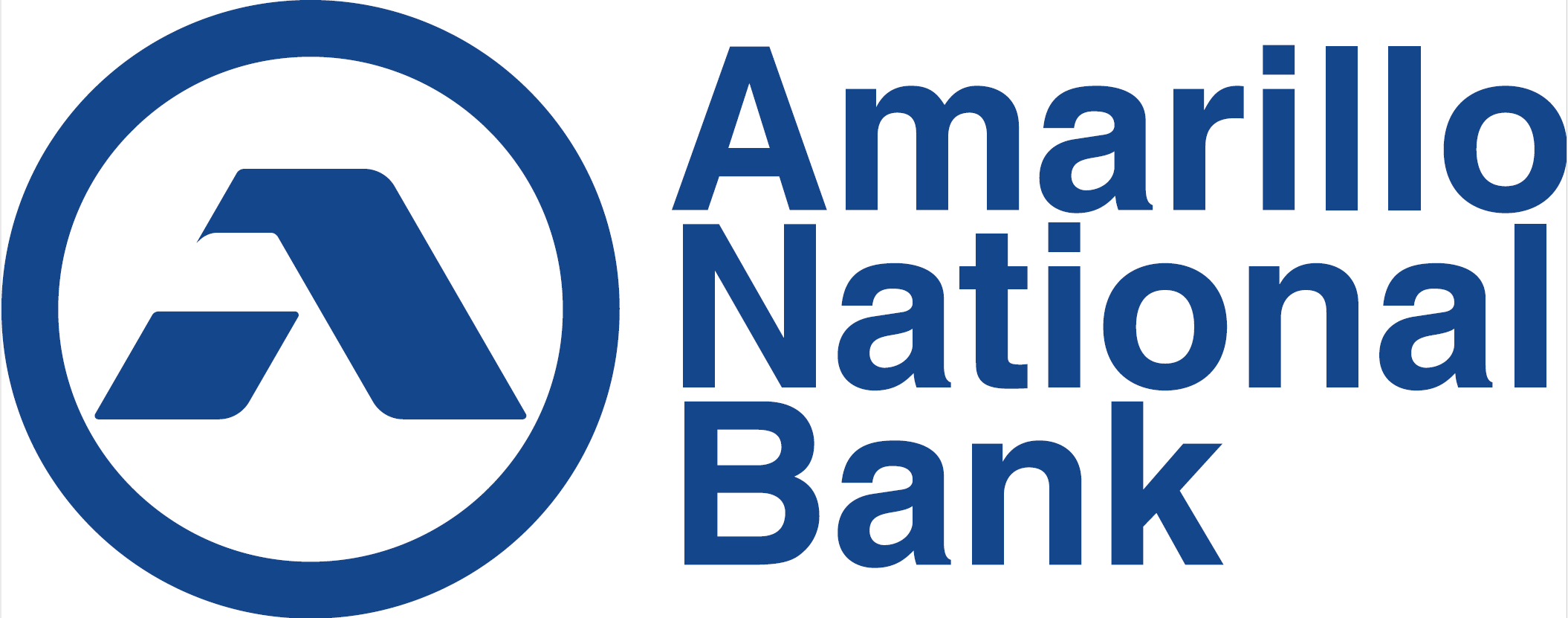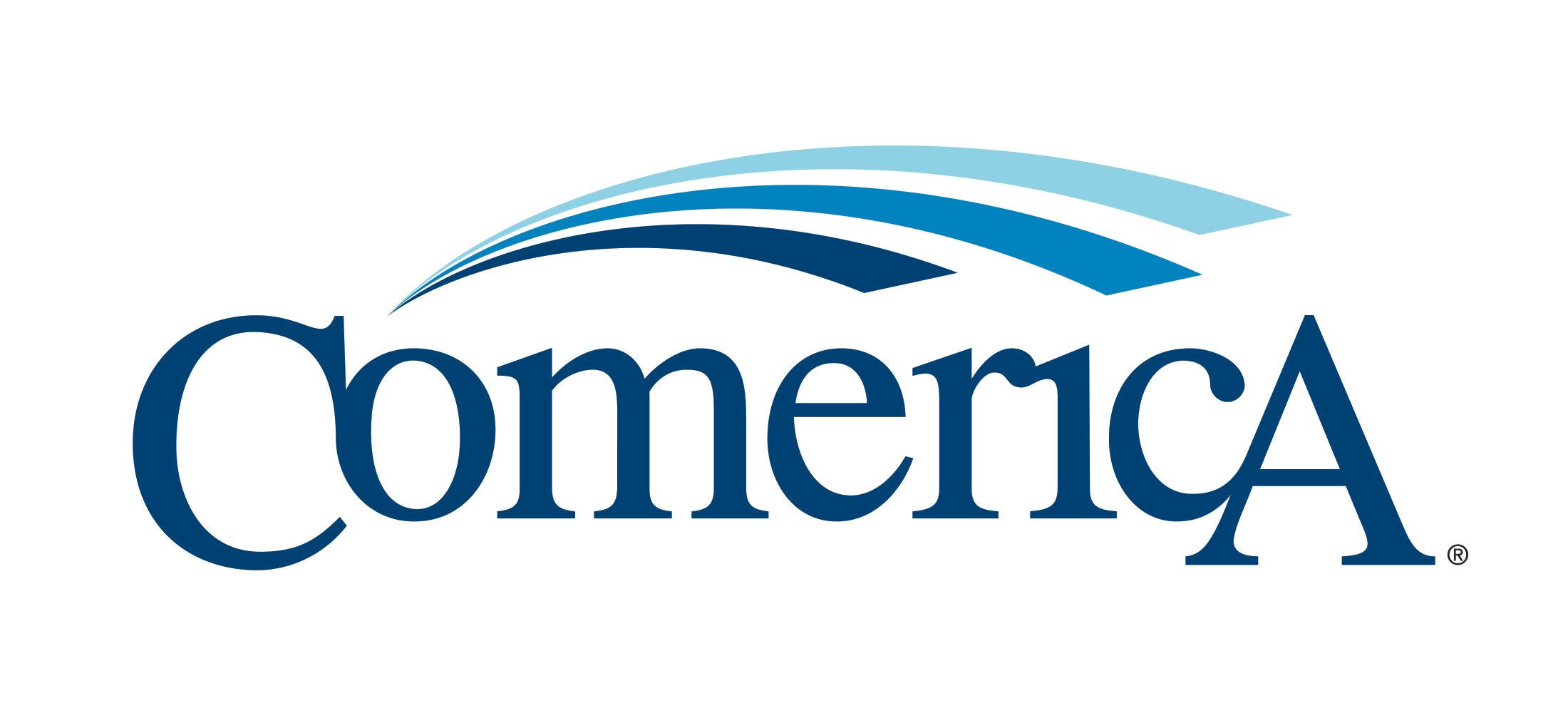Junior Achievement teamed up with the Voya Foundation to conduct a survey of 1,000 teens with the help of Opinion Research International. The survey was released to coincide with April’s Financial Literacy Month. The goal of the survey was to see how teens feel about some very timely issues such as student loan debt, lower gas prices, and income expectations based on gender. The findings help illustrate the need for financial literacy programs for teens, such as those provided by Junior Achievement.
College Loans
- Two-thirds of teens (65%) think borrowers, not the government (11%) should pay off student loan debt, even if the borrower is having difficulty paying the loan (7% said the college should; 5% said the lender; and 13% didn’t know/had no opinion).
- There’s been a lot of talk about how to handle student loan debt, from free college to debt forgiveness to young adults simply skipping college.
- For many people, a college education will be the second largest investment they make behind owning a home, yet this decision is being made by 16 and 17 year olds with very little knowledge of how budgets or debt work.
- The survey shows teens want to take responsibility for their financial futures, but they need the tools to do it, which speaks to the importance for financial literacy programs such as Junior Achievement.
Debt
- The debt conversation isn’t scaring teens away from college. Nearly all (89%) of students surveyed said they plan to go to college. Most (60%) expect to figure out a way to pay for college without borrowing money, while fewer than one-in-ten (8%) expect to have to take out student loans at all.
- It’s important that teens have a realistic expectation of what it will cost to go to college and the resources available to them.
- This includes weighing their options, such as going the a less expensive in-state school or exploring options such as community college or technical school, if they don’t want to take on too much debt.
- Resources such as JA Influencer can help teens better understand what’s at stake.
Gas Prices
- While 44 percent of teens accurately answered that lower gas prices were due to more oil being produced amid declining demand, the majority of teens didn’t really seem to understand what has been driving gas prices down.
- With elections coming up, we often vote based on economic factors such as falling or rising energy prices.
- It’s important that teens understand some of the economic principles behind these changes so that they can make informed decisions as voters and citizens when they are adults.
- JA Influencer offers information on the recent drop in gas prices and helps teens know who benefits and who doesn’t from these kinds of changes.
Salary Expectation
- Teen girls now have the same income expectation as teen boys, a change from two years ago when a higher percentage of boys than girls expected to make $35,000 or more in their first job.
- There has been a great deal of discussion in recent years about equal pay for equal work.
- Based on these survey results, this appears to be affecting teen girls’ expectations of what they should be paid as adults.
- Junior Achievement programs help girls and boys understand how what they learn in school ties to their future careers and how education plays an important role of achieving their dreams.
Whether you are a parent who wants to encourage the implementation of a Junior Achievement Program at your child's school, volunteer for your local Junior Achievement Program or make a donation to JA, your consideration is appreciated. Working together parents, teachers, businesses and volunteers can make a difference by helping our youth build a brighter future.




























